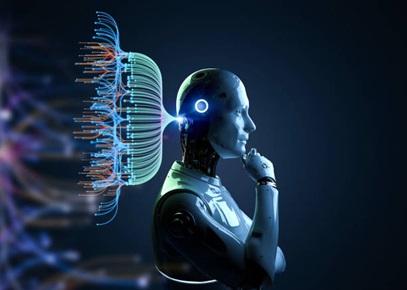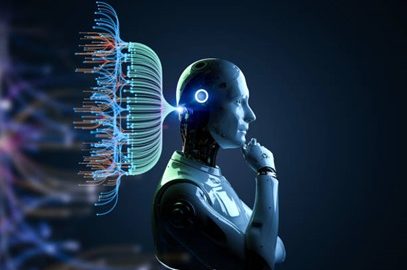The Impact of AI on Jobs in Philippines Call Centers and Service Industries

As artificial intelligence (AI) continues to advance, its impact on various industries and employment sectors is becoming increasingly apparent. In the Philippines, where the call center and service desk industries have flourished over the years, the integration of AI technologies raises questions about how these sectors will adapt and the potential effects on jobs. The landscape of AI is evolving and its implications for employment is of great concern for everyone, but the job market in the Philippines could be one of the first to feel the impact, particularly in call centers.
It is no question that the Philippines has been a key player in the global business process outsourcing (BPO) industry, with call centers and service desks being major contributors to the country’s economic growth. “As AI technologies continue to advance, there is a growing concern about the potential displacement of jobs traditionally held by human workers,” says Philippines Employment Background Checks Director, Nathan Medoza.
Call centers in the Philippines have been synonymous with providing customer support services to clients worldwide. With the advent of AI-powered chatbots and virtual assistants, routine and repetitive tasks in customer service can be automated. This includes handling frequently asked questions, processing simple transactions, and providing basic information. As a result, the demand for human agents to handle such tasks may decrease, impacting employment in the call center industry.
It might be early for AI to replace jobs now. In fact, a recent report was made against an allegedly artificial intelligence-powered drive-thru company used by fast food restaurants like Carl’s Jr., Hardee’s, Del Taco, and Checkers across the U.S. The app was marketed as AI technology that would lower labor costs and increase revenue for chains, but it has been reported with the US Securities and Exchange Commission for using off-site human workers in the Philippines at very low wages instead. This example puts in the table another possible impact that AI might have in the country, which can promote underemployment conditions for people in need of a job. Private investigators in the Philippines say that new technologies are always a new tool for scam, and AI is not an exemption.
However, it’s crucial to note that AI is not necessarily a threat to jobs. It also has the potential to transform the nature of work. While routine tasks may be automated, the demand for skilled workers who can handle complex and empathetic interactions is likely to increase. This shift requires a reevaluation of skill sets and training programs within industries.
Service desks, which play a vital role in IT support and issue resolution, are also subject to AI-driven transformations. AI algorithms can analyze and troubleshoot technical problems, often resolving issues more quickly and accurately than human agents. This efficiency can lead to a reduction in the number of service desk personnel required for basic problem-solving tasks.
However, the integration of AI in service desks doesn’t necessarily translate to job losses. Instead, it can free up human agents to focus on more complex and strategic aspects of IT support. Human workers can be upskilled to handle advanced technical issues, engage in proactive problem-solving, and provide a higher level of personalized support to end-users.
As AI continues to reshape the job landscape, the importance of being skilled becomes paramount. Employees in the call center and service desk industries need to adapt to the changing demands of their roles. Training programs should be designed to equip workers with the necessary skills to collaborate effectively with AI technologies.
While the integration of AI in call centers and service desks in the Philippines may lead to changes in job dynamics, it’s important to view this evolution as an opportunity for growth and adaptation. The impact of AI on jobs in these industries is not a zero-sum game, but rather a transformation that requires a proactive approach to skill development and workforce management. By embracing these changes and investing in the continuous development of human capabilities, the Philippines can navigate the evolving landscape of AI and ensure a sustainable and thriving workforce.
C. Wright
© Copyright Philippine PI. All Rights Reserved. This content is the property of Philippine PI, LLC and is protected by the United States of America and international copyright laws.













